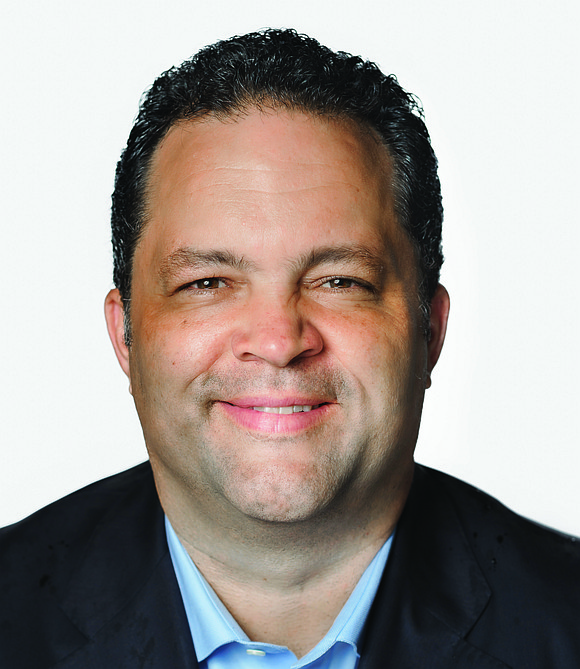Unite to defend Black vote now, by Ben Jealous
10/13/2022, 6 p.m.
Right before our last national elections in 2020, thousands of Black voters in Detroit got a call from someone posing as a woman named “Tamika Taylor.” She warned them that if they voted, the government would collect their personal information and come after them for credit card debt, outstanding warrants, even forced vaccinations.
The calls were a voter suppression scam, and the two white guys behind it were prosecuted. But we’ll never know how many people were nervous enough to avoid voting that year.
Dirty tricks like this make me sick. And as we get closer to this year’s midterms, civil rights leaders are warning that we’re likely to see more of them. The Far Right is waging a war on Black voters, and disinformation is among its favorite weapons. Another tactic is passing laws to make it harder for Black citizens to vote. The Brennan Center at NYU keeps track of these efforts. Brennan’s legal scholars report
that since 2020, lawmakers in 49 states have introduced more than 400 bills that would make it harder to vote. This midterm election is the first nationwide election since that massive voter suppression campaign started, and we have one way to fight it: Massive voter mobilization.
Getting our friends and neighbors to vote so we can have a say in issues that affect our daily lives is a calling for all of us. I am fortunate to lead an organization that will make Black male voters the focus of our Get Out the Vote efforts this year. Our initiative, Defend the Black Vote, will reach out to Black men in 15 states who are registered but skipped two out of three of the last elections.
Our focus will be men because they still don’t vote in the high percentages seen among Black women. Our message will be simple: Vote this November. Vote because your vote is your voice and your power. Vote because of everything that is on the line in these elections: jobs, reproductive rights, mass incarceration, who sits on our courts, education for our kids, health care, pollution in the environment where we live.
Vote because we need to Ban the Box. Vote because Black Lives Matter. Vote because you have a dream of entrepreneurship. Vote because your mental health, and your family’s mental health, matters. Vote because the white supremacists don’t want you to, and are doing everything they can to stop you, and that tells you how important it is.
I know that some folks don’t vote because they believe their vote doesn’t matter. History shows that it does. The best example I can think of is what happened in Georgia in 2020, the first year we ran our Defend the Black Vote campaign. We motivated over 200,000 additional Black men in Georgia to vote that year – a year when the presidential election in the state was decided by 12,000 votes. The Black men who voted in Georgia made a historic difference, and the numbers prove it.
We know there’s one more way today’s Far Right and their predecessors—the Klan, the White League, and all the other terrorists like them – have tried to suppress Black votes, and it’s the ugliest: intimidation
and threats of violence. Our ancestors faced a real risk of being attacked or murdered for registering to vote or voting. Today the intimidation might be more high-tech: is your name in the system, will you be accused of an illegal vote? Florida’s arrests of returning citizens who voted – after being issued new voter registration cards by the state itself – are especially cruel. They were meant to scare people, and they probably did.
So, vote because we refuse to be intimidated. Because those who went before us put their lives on the line to cast a ballot. And if you are a man who doesn’t have a plan to vote, or you have a father, brother, uncle or son who doesn’t have a plan, it’s not too late to make one now. We need you.
Ben Jealous is president of People For the American Way and professor of the practice at the University of Pennsylvania.







